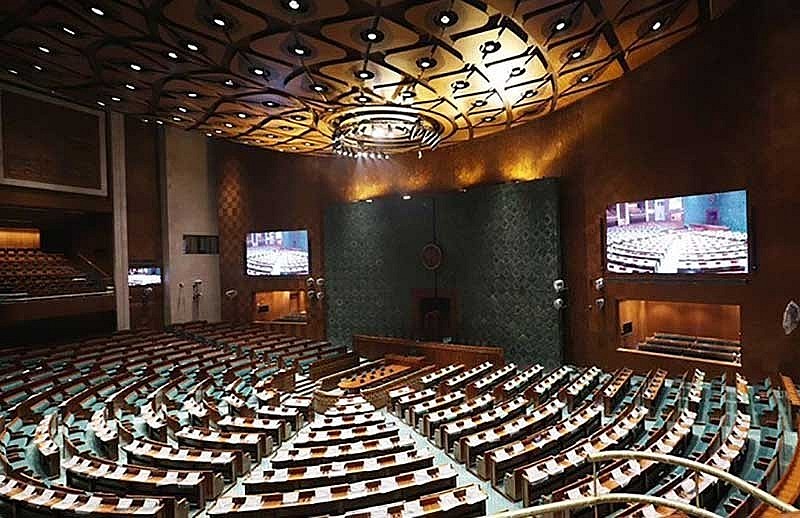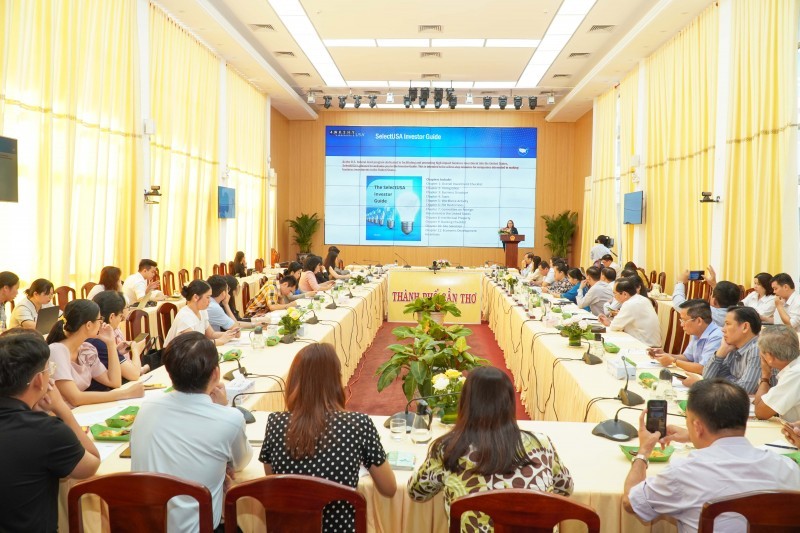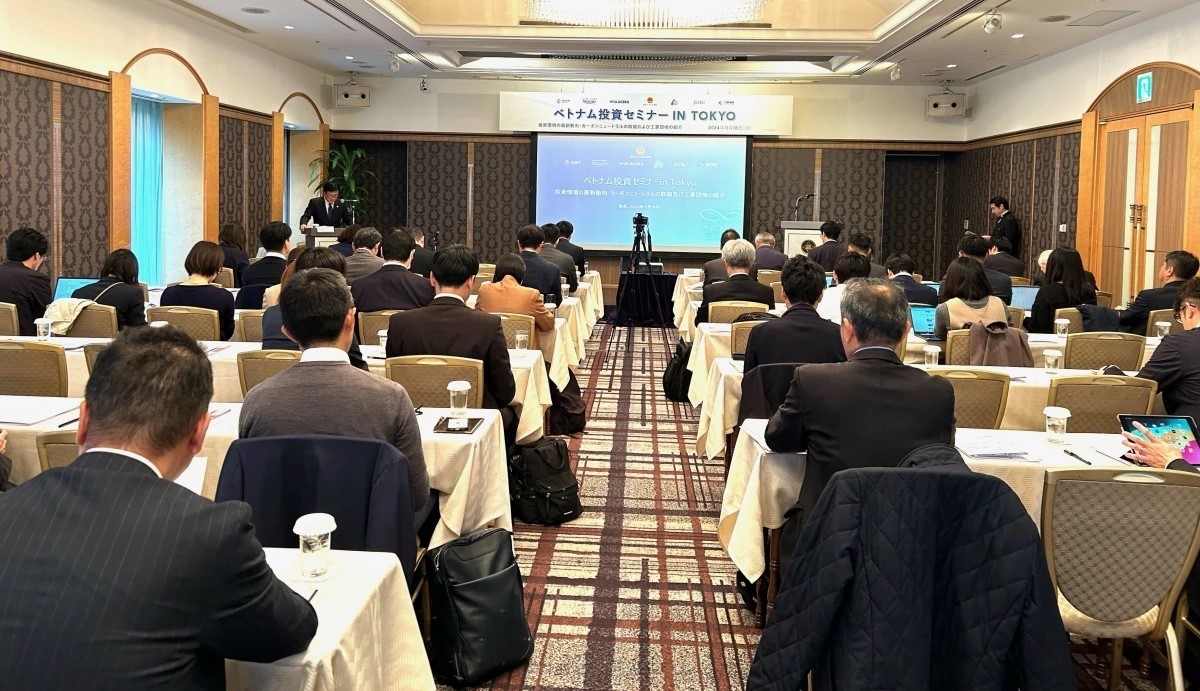People's trust in Indian government and its services is rising: IIM Survey
 |
| In image the new Parliament building. Photo Courtesy: UNI |
The study provides an in-depth analysis of the changes observed by the citizens of India over the past five years, as discerned through a collaborative effort by five Indian Institutes of Management (IIMs) – Rohtak, Lucknow, Indore, Calcutta and Ahmedabad.
The survey encompasses an extensive array of socio-economic parameters that profoundly influence the lives of individuals across various states in the country.
This report endeavours to unravel the intricate tapestry of changing societal attitudes and behaviours during the last five years through meticulous data collection from a diverse pool of 85,326 respondents, including farmers, casual workers, housewives, servicing employees, and students, spanning across 22 Indian states.
According to the survey, citizens across the nation reported an average 72 percent reduction in electricity cuts between 2019 to 2024, while significant infrastructure improvements were observed in states like Uttar Pradesh, Rajasthan, Maharashtra, Gujarat, and Chhattisgarh, particularly in water and electricity supply.
Gujarat and Maharashtra led in fostering youth optimism and reducing drug consumption, while a little over three-fifths (66.02 percent) of the respondents reported that youth was more hopeful and optimistic than before in the country’s development and growth, as per the survey report.
Farmers in Punjab, Haryana, and Kerala reported that there is a notable rise in agricultural income, and overall, the average increase in agricultural income on self-report basis is 39.9 percent across the country, the survey report read.
Highest agricultural income increase was witnessed in Kerala (49 percent), Haryana (47 percent), and Punjab (45 percent), it added.
The survey stated that overall, 74 percent of women across India reported that there has been a decrease in the number of sick days for them in the last five years, while 26 percent of the women reported that there is either no decrease in sick days or increase in sick days.
Overall, there is an 18 percent annual drop in the number of sick days.
Improved sanitation under the Swachh Bharat Mission led to better health outcomes, notably reducing sick days among housewives in Gujarat, Maharashtra, Karnataka and Uttar Pradesh, as per the survey report.
The survey also finds that the annual savings of women has increased significantly due to increased sanitation, better healthcare and cooking gas availability.
The report added that there was a 34 percent surge in spending on digital engagement and entertainment, indicating significant growth in OTT (over-the-top) platform penetration and spending on movies and sports, while the average OTT-video penetration comes out to be 69.24 percent.
According to the survey, casual workers reported a 60 percent rise in income, reflecting improvements in the labour market.
Casual workers reported that between 2019 to 2024, their average wage increased by 60 percent, and this was further substantiated by data collected from 75 trucking companies.
Overall an increased satisfaction (68.59 percent) with public services was noted. The states like Uttar Pradesh, Gujarat, and Madhya Pradesh reported high levels of trust with the government, as per the survey.
The rise in savings across the nation owing to increased access to cooking gas, better healthcare, and sanitation was reported to be Rs 12,096 per year, the survey report stated.
States including Haryana and Uttar Pradesh saw significant increases in annual savings and reductions in sick days. Regression analysis between increased access to cooking gas and health and sanitation with number of sick days as dependent variable supports the aforementioned findings.
The survey also finds 69.1 percent of the respondents reported that road travel has improved in the last five years. A total of 62.2 percent of respondents reported rail travel has improved between 2019 and 2024.
Meanwhile, 70.7 percent of the respondents reported that air travel has improved in the country in the last five years.
The survey found that the government's Digital India campaign was instrumental in transforming the public service ecosystem through advanced information technology, with the goal of digitally empowering citizens.
Top five most significant changes in India in the last five years:
Sanitation: Access to toilets
Road travel Quality of Roads
Rail Travel: Quality of Rails
Power-cuts: Improvement in Electricity
Mobile penetration and digital services: Digital Access
Recommended
 Economy
Economy
Finding Solutions for Businesses to Effectively Leverage FTAs
 Economy
Economy
Vietnam: A Golden Opportunity for Korean Investors
 Economy
Economy
Ample Room for Vietnam, US Business Cooperation
 Economy
Economy
Effective Boost of Investment Flow from Japan to Vietnam
 Economy
Economy
Pakistan Ranked Fifth Highest in Illegal Migration to Europe
 Economy
Economy
